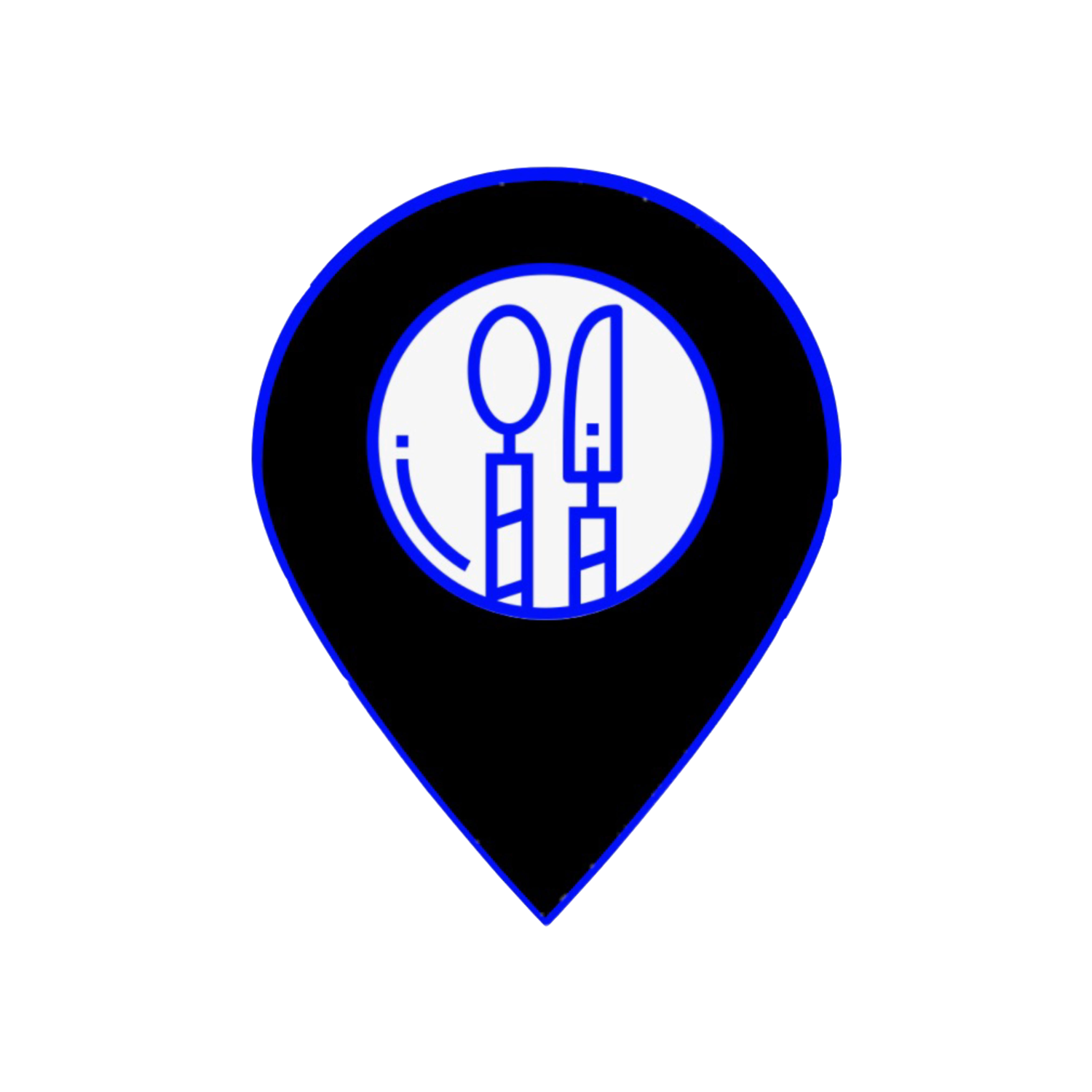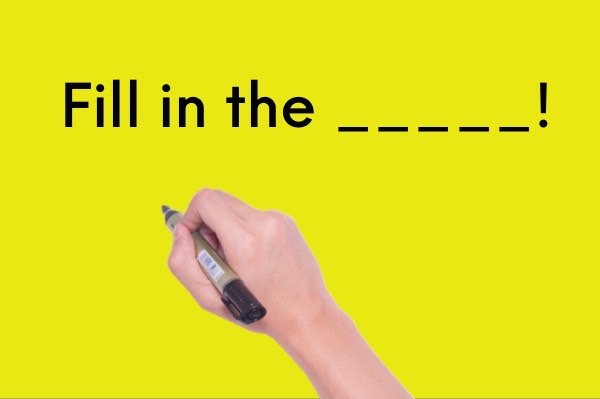FILL IN THE _______!
Okay, first let me say I was originally titling this blog “Fill in the hole!” Which will make sense when we get into it but on a re-read I realize might have been taken the wrong way. The topic is habits and specifically something I think gets overlooked when we talk about breaking bad habits. And that is changing habits isn’t just about identifying what needs breaking, but realizing that if you don’t fill in the space left behind by the old habits they will return.
Attempting to eliminate bad habits with no new additions will just lead to “white knuckling” in the end and let’s face it, as human beings we only have so much energy on a given day and having to use that to constantly battle the return of old habits would very quickly get exhausting. Instead I want you to consider the approach below as a way to support your overall lifestyle changes.
What need is the habit meeting?
This may seem like a simple question but it is a truly difficult one to answer! When you have identified the habits you need to replace in your life you also need to identify why they became habit in the first place. We do things repeatedly that bring us results, even if those results don’t make sense in the big picture. Often habits, especially around food, can be driven by more than just poor knowledge of nutrition and actual hunger. They can be driven by emotions and circumstances we find challenging. Moments when the dopamine hit from food consumption offers a distraction or escape. This isn’t just about food issues though, it goes for any other bad habit you can identify. There is a need the habit meets, a purpose it is in place. Don’t skip this step, even if it takes time and hard work!
What can take its place?
The next question to ask after identifying what need your habits were meeting is how can I do this without using the habit that was causing overall harm, like emotional or binge eating. Even if you were able to be fully honest with yourself when answering the previous question, this one can be hard and can take some experimentation. One of the true challenges here is if we discover that our bad habits were being used to manage emotions or situations we didn’t want to face we must decide if we are going to work on facing those situations or find a healthier means of managing them in the meantime. We all know that facing these things is inevitable but that we may take more work than we are currently capable of so proper management can be achieved in a healthier fashion, and may require professional help. Regardless of the direction you have decided to take, it is here that we must define specific actions that will “fill in the hole” we have created by ceasing our previous habits. This question encourages you to be individual in your assessment of the new habits you need to build and not just start doing things because other people say so. Your needs are specific to you and the actions to meet them should be as well.
Start small & stack your wins.
This point will challenge all of my “all or nothing” peeps out there but it has to be said. When you find answers to that second question you may find that there is a laundry list of habits you want to implement that you feel will best help you. I want to encourage you to prioritize that list, possibly by the weight of the lift involved with implementation so that you can manage them properly and not end up overwhelmed. Acknowledge that the habits you are breaking are tough obstacles and you will need to find balance so that you can start to see accomplishment. If you have a list of ten items to implement, start with 2-3. Trying to start ten new habits and failing at them all because you’re spread too thin will not help you keep moving forward. Starting smaller will allow you see what success looks like in practice and help you find the bandwidth to build upon it.
Be consistent.
When you have decided what new habits you will be putting into place and have determined the actions that support those habits you must fight to be consistent. There is no way to know if the new habits are giving you the desired benefit if you are not actually implementing them regularly. They’re called habits for a reason. They involve repetition in their base concept so don’t allow yourself to do something a few times and then stop because it isn’t working. See the consistency as an ally in your struggle.
Evaluate in time.
Above I mentioned that identifying the new habits and behaviors that you will replace your bad habits with takes some experimentation. This means that you must give your new habit time to develop and form, and become routine. When it has, you can evaluate if it is serving you well and a good use of your energy. Or you may find that it was not the right tool for you and you need to try something else. This is 100% okay and normal! I want to encourage you to give a new habit at least 30 days before you decide to discard it. After 30 days ask yourself what the new habit is doing for you, what it isn’t, and if it needs modification. It can also be a great time to ask will the benefits of this habit grow if I keep it in place. Do not be afraid to do this kind of assessment regularly to ensure your new habits are providing what you need consistently.
True lasting change takes hard work. Old habits are like well-worn grooves in a canyon dug down by years of water flow. Building new habits that will last can take time as well. And as we often say, time passes anyway, so why not put it to good use? If you need help working on your new habits and finding accountability, we’re here!

